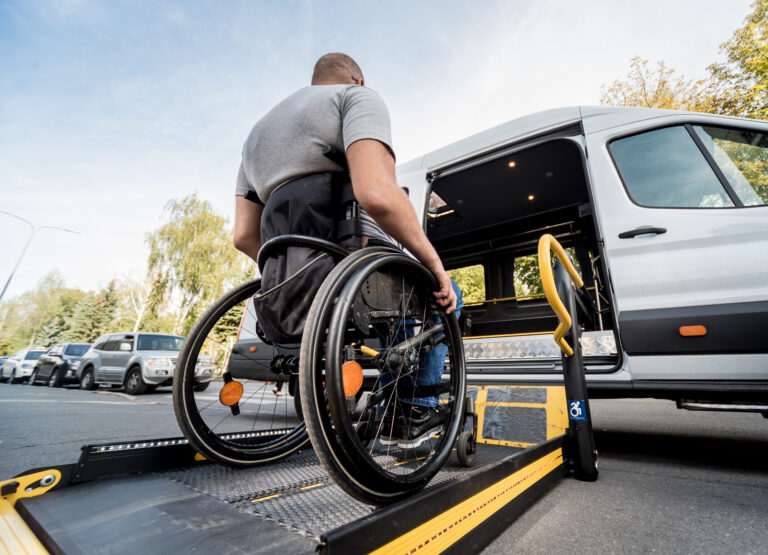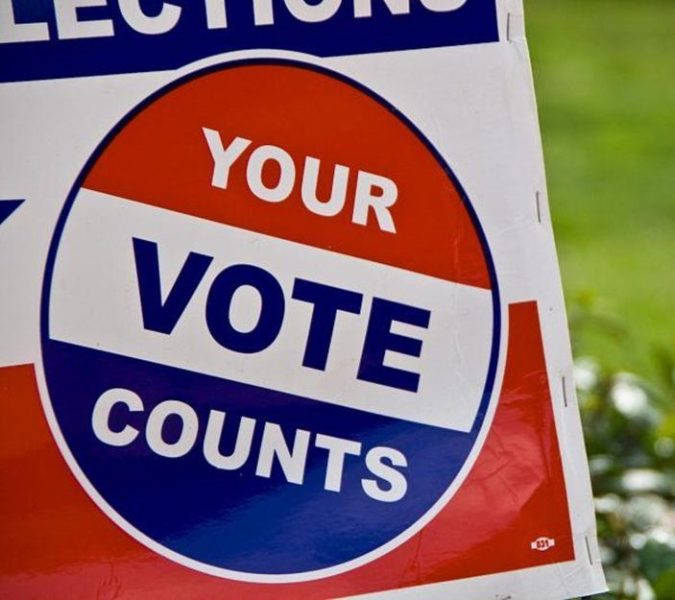DRM assists students with all types of disabilities from birth – age 21 in K-12 special education matters, with an emphasis on placement in the least restrictive environment; appropriate assessments, educational and behavioral plans, services and supports; access to the school curriculum and high school diplomas; inclusion in school-based and out of school activities; and student discipline matters, including inappropriate school exclusion, restraint, seclusion, and the use of school police and arrests. DRM also advocates for appropriate educational programming and related services for youth involved in the juvenile justice system. We provide information, advice, training, and selected individual and class representation for issues of systemic significance.
Resources:
MTA Mobility Rider Rights and Self-Advocacy Guide (coming soon)
MTA Mobility Eligibility Appeals Self-Advocacy Guide (coming soon)
Links:
Consumers for Accessible Ride Services (CARS):
https://www.facebook.com/CARSBaltimore/
Maryland Transit Administration (MTA) Mobility Website:
https://mta.maryland.gov/mobility
Washington Metro Area Transit Administration (WMATA) Accessibility Resources:
http://www.wmata.com/accessibility/
WMATA MetroAccess Website:
http://www.wmata.com/accessibility/metroaccess_service/
US Department of Justice ADA Complaints Website:
https://www.ada.gov/filing_complaint.htm
National Aging and Disability Transportation Center:
http://www.nadtc.org/
Disability Rights Education and Defense Fund ADA Transportation Topic Guides:
http://dredf.org/ADAtg/
Federal Transit Administration ADA Transportation Circular:
https://www.transit.dot.gov/regulations-and-guidance/fta-circulars/americans-disabilities-act-guidance-pdf
Federal Transit Administration 2016 Compliance Review of MTA Mobility:
https://www.transit.dot.gov/regulations-and-guidance/civil-rights-ada/mta-final-ada-report






